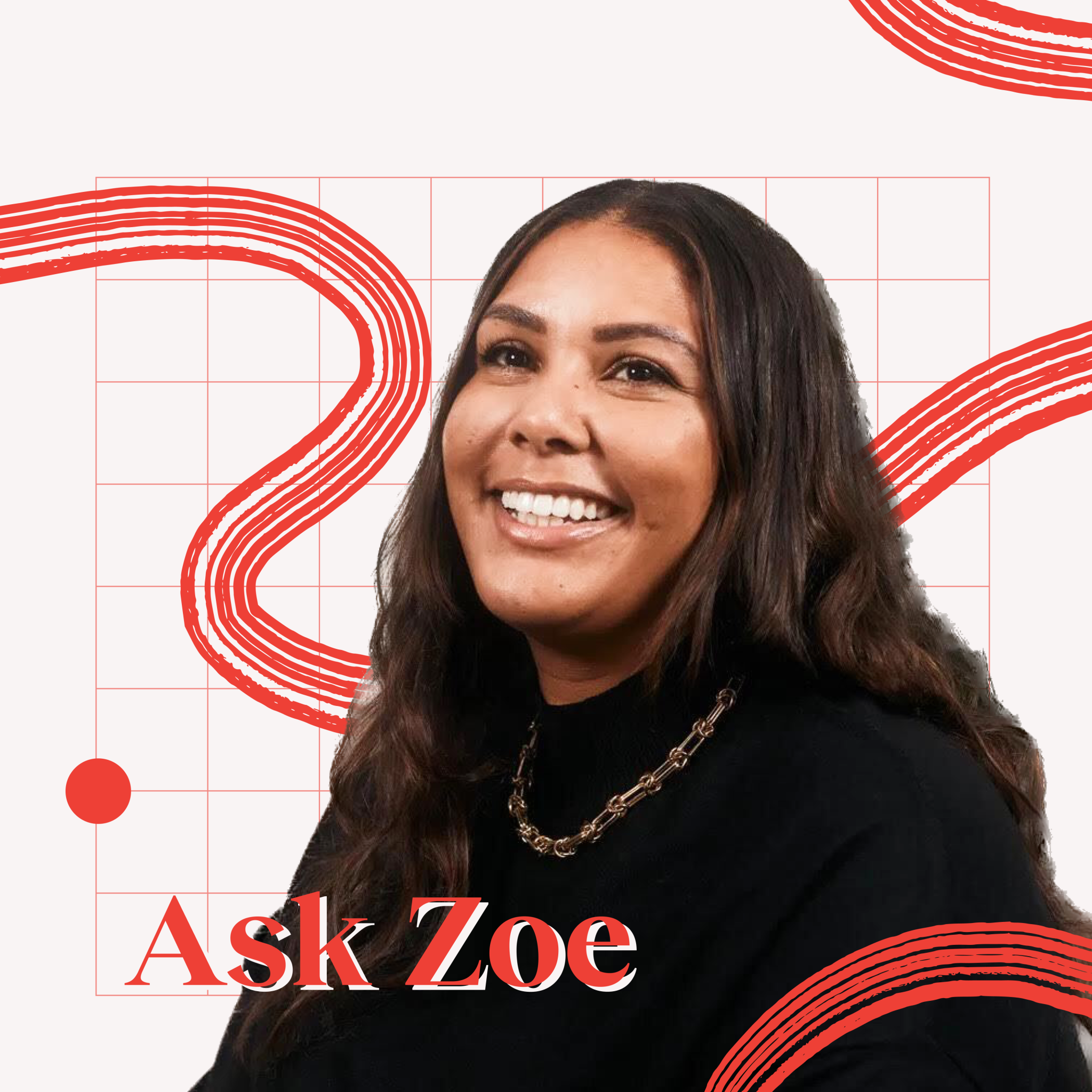If you think you seem to have more meetings than ever before, you are probably not wrong.
According to Harvard Business School, meeting invites have spiked since the world transitioned to remote working a year ago: the average worker is now attending 13% more meetings per week. On top of that, meetings have got bigger: there are now 13.5% more attendees per meeting.
But all hope is not lost.
We’ve asked our readers for their top tips on how to make meetings great again.
Have a clear purpose
"A great meeting starts before the meeting, by being clear on the reason why you’re all getting together. It might be for a team update, to generate ideas, a project review or something else, and they all need a different approach to the way you meet.
A great meeting starts before the meeting, by being clear on the reason why you’re all getting together.
In the design of your meetings, think of using time-boxed discussion activities that will encourage collaboration (if that’s what your meeting needs) and avoid rambling. You can take inspiration from workshops to make your meetings more dynamic and engaging. For example:
-
- Use check-ins or a warm-up activity at the start of your meeting to get people interacting early
- Make use of Zoom breakout rooms for people to have discussions in smaller groups before sharing as a larger group
- Give people time to think individually before they share to the rest of the group — use ‘rounds’ where everyone has the opportunity to share their ideas in turn
- Use tools like Mentimeter for people to brainstorm and share their thoughts at the same time, and anonymously — this helps people to stay an active participant in the discussion
- Other tools like Google Jamboard, Mural or Miro are for online brainstorms and add a different way for people to contribute
- Don’t be afraid to bring in a bit of creativity — quick sketches or image sharing to change the energy of a session from verbal and text-based to more visual." — Alison Coward, founder of Bracket
Schedule smart
"I plan meetings for the first half of the day (for the ones where I can influence the timing). This means that everyone is free to get into ‘maker mode’ for the rest of the day. During the last year, this has also provided everyone with flexibility to reconstruct their day as best suited to them to accommodate other demands e.g. homeschooling.” — Priyanka Lilaramani, founder and CEO of Truealpha
Skill up as a facilitator
“Try Liberating Structures. They are facilitation techniques to help run meetings in interesting ways. I use it for events but people use them for normal work meetings too. There is a whole community around it too — there are even meetups where you can practise it.” — Arfah Farooq, founder of Muslamic Makers
If you’re facilitating a meeting, that’s what you should focus on. Avoid being an active participant in the discussion if possible.
"If you’re facilitating a meeting, that’s what you should focus on. Avoid being an active participant in the discussion if possible. A facilitator’s role is to keep an eye on the group dynamics:
- Make sure everyone is getting involved (watch out for people dominating the conversation and those that aren’t speaking up and level out the playing field by asking people to contribute)
- Keep to time
- Ask good questions to draw out content and ideas from the people attending
- Stay focused on the outcomes and bring people back when the meeting goes off track.
You’re also meant to be objective and likely you’ve been responsible for, or at least involved in the design of the meeting, so you’ll be responsible for the process of moving everyone forward together. This gets tricky if you’re also putting forward your ideas and opinions." — Alison Coward, founder of Bracket
Have an agenda
Summarise key takeaway
“I am also a fan of summarising takeaways from material discussions, typically in low-cost/low-effort ways such as a few bullet points in our company Slack. This eliminates having to cover old ground. In a startup, where things are so dynamic, this is a great resource for tracking our own trail of thinking.
"A hidden cost of building new products is keeping everyone on the same page, which means keeping up with what choices we made, why we made them at the time, why are we revisiting them now i.e. handling the constant chop and change. So anything that helps with minimising people reinventing the wheel or having to piece together past decisions to make future choices actually is a net saver.” — Priyanka Lilaramani, founder and CEO of Truealpha

Be more precise with timings
“Avoid the trap of setting up meetings that are either 30 mins or 60 mins just because that’s how calendars work. If something only requires 15 mins, that’s what I’ll set as the time of the meeting. It’s a self-fulfilling prophecy. If you expect it to wrap in 15 mins, it likely will!” — Priyanka Lilaramani, founder and CEO of Truealpha
Be on time
Scrap small talk...
“Have a mug of tea and settle in without the need for small talk.” — Uneesa Zaman, Rizq
...But do check in with people
“Remember your team are humans behind the screen and not just workers. In a pandemic, when you’re hiring remotely it’s important to check in personally.
Remember your team are humans behind the screen and not just workers.
"We do sad, mad, glad as a way to do this. Another thing though, you shouldn’t have to do many meetings — brief well and create feedback loops. We have had no meetings with the four freelancers we’ve hired and they’ve achieved a lot!” — Nafisa Bakkar, founder of Amaliah
Consider replacing meetups with standups
“If possible, always stand for standups... even if doing it remotely. I promise people will get to the point quicker.” — Engineer at Google



